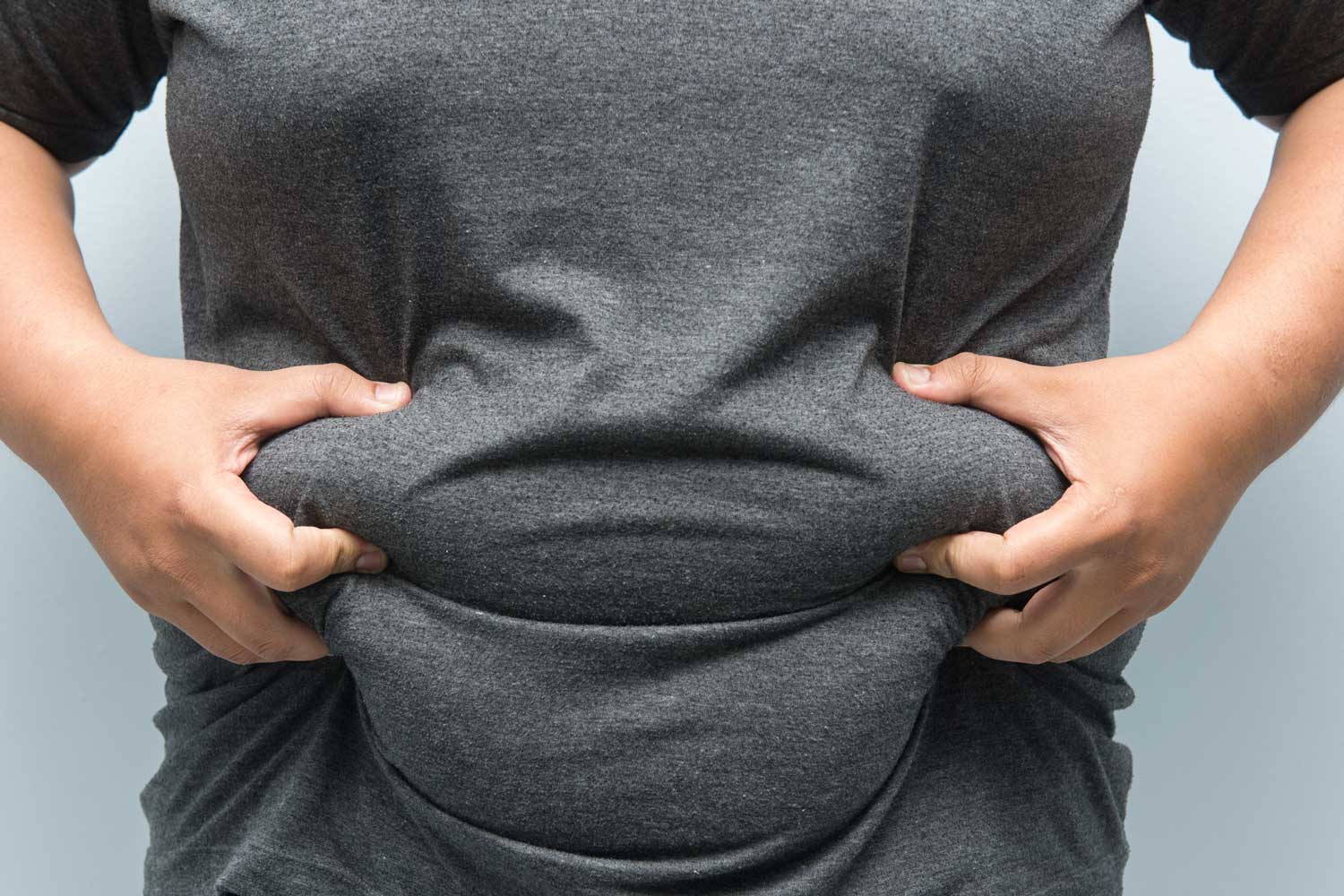
If you want to take your workouts to a whole new level, start with your middle.
“People achieve better results when they do core exercises at the beginning of their workout instead of the end,” says Alwyn Cosgrove, coauthor of The New Rules of Lifting for Abs.
Your core – the dozens of muscles between your shoulders and your hips – contracts first in every exercise, he explains. All the energy you exert starts in your midsection, and is then transferred to your limbs.
A strong core allows you to apply more force to a barbell, whereas a weak core decreases the amount you can apply.
But in order to prime your core muscles so they fire better during your workout, you need to train your core right after your warmup, he says.
By training your torso when your muscles are fresh, you achieve the fastest gains, says Cosgrove’s New Rules coauthor Lou Schuler. You can do the moves with more intensity and better attention to form, and get more out of them than if you waited until later to perform them.
In fact, a 2012 review in the journal Sports Medicine found that people perform more reps of an exercise with heavier weights when they perform it at the beginning of their session than when they do it at the end.
The reason: you have more energy and focus earlier in your workout, says Schuler.
On the flip side, research shows that whatever you do last, improves the least.
“So if you always train your core at the end of your workout, it’ll never improve,” Cosgrove says. And that’ll only hold you back in every other lift.
You can’t do just any moves, though.
Performing classic ab moves like crunches and situps at the end of your workout is an exercise in futility. These moves only work the muscles that allow you to flex or round your spine, says Schuler.
During heavy lifts like deadlifts and squats, you want to prevent your spine from moving. A stable core is essential for keeping your lower back and pelvis aligned in a safe, neutral position so you can lift heavy without risk of injury, explains Cosgrove.
Start your workout with 5 minutes of core moves that focus on stability like planks, side planks, mountain climbers, and pushups. You’ll be able to lift more iron, work more muscle, and burn more calories, he says.











